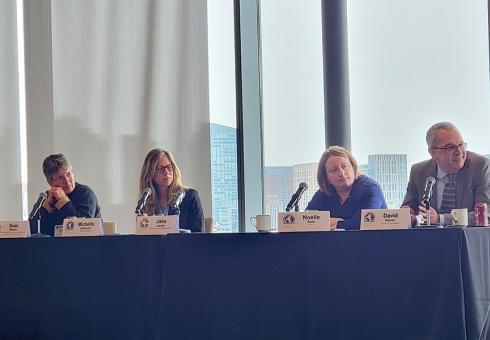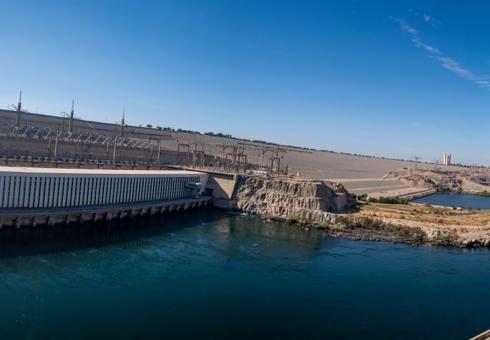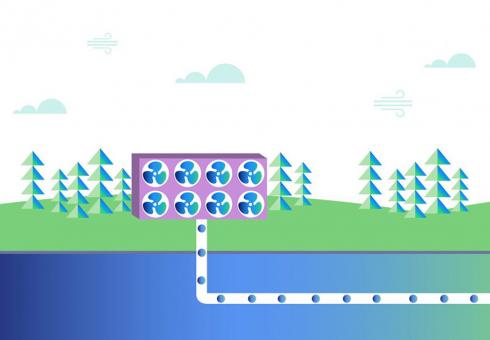Past Events
March 27, 2025 - March 28, 2025
This event is invitation-only.
Theme: Sustainability Science: Navigating the Challenges of Global Change
Sessions:
Sustainability Science: Integrated Modeling of Nature-Society Systems
Sustainability Science: Institutions, Markets, and Incentives
Feedbacks, Nonlinearities, and Tipping Points
Introduction to MIT Climate Missions
Integrating Equity in Addressing Global Change
Sustainability Strategy at Global Scale
March 28, 2024 - March 29, 2024
This event is invitation-only.
Sessions:
Climate Change Trends
Physical and Health Impacts
Economic Impacts
Current Climate Policies
Future Climate Policies
Climate Communication: The Path Forward
Webpage: MIT Global Change Forum
March 23, 2023 - March 24, 2023
This event is invitation-only.
Sessions:
Climate and energy geopolitics;
Water security and conflict;
Impacts on food security/health/equity;
Decarbonization and energy security;
Impacts on vulnerable countries;
Policy: The path forward
September 14, 2022 - September 15, 2022
The Foresight and Metrics Research Initiative of the CGIAR (F&M)1, the Joint Program on the Science and Policy of Global Change at MIT (JP-MIT), and Oxford University via the Oxford Martin School (O-OMS) are each pursuing pathways for agriculture, forestry, and other land use (PAFOLU) in support of sustainable development, equitable solutions and a stable climate. They are doing so in distinct but potentially complementary ways.
June 06, 2022
The Colorado River and the Nile River are both undergoing dramatic transformations.
Throughout the last century and continuing today, major infrastructure developments have played a pivotal role in shaping the regional economies, livelihoods and environmental conditions of these two critical transboundary river systems. Our growing dependencies on these finite renewable resources are driven by population growth and economic expansion, but are being increasingly challenged by water scarcity that is partly driven by climate change.
May 26, 2022
Open to the MIT Community only
The MIT Joint Program on the Science and Policy of Global Change and MIT Laboratory for Aviation and the Environment invite you to join us at the seminar “Affordable Direct Air Capture: Myth or Reality?"
The seminar will be held in person (MIT Room 35-225) and online (via Zoom) on Thursday, May 26, 2022 at 1:00-2:30pm (US Eastern Time).






